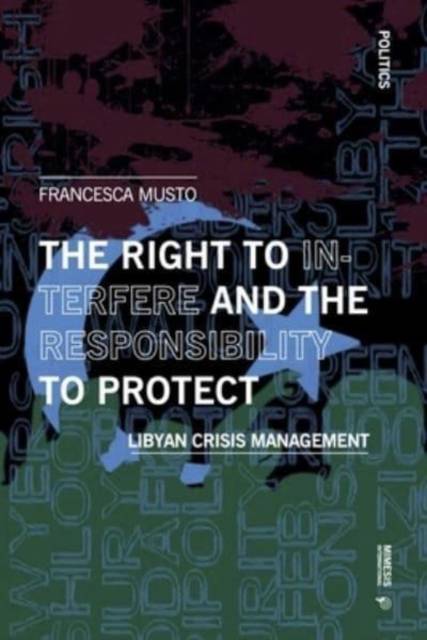
- Afhalen na 1 uur in een winkel met voorraad
- Gratis thuislevering in België vanaf € 30
- Ruim aanbod met 7 miljoen producten
- Afhalen na 1 uur in een winkel met voorraad
- Gratis thuislevering in België vanaf € 30
- Ruim aanbod met 7 miljoen producten
Zoeken
€ 21,95
+ 43 punten
Omschrijving
This research is structured in two sections. The first one focuses on the historical and philosophical roots of the right to interfere. It attempts to comprehend its legitimacy by highlighting the semantic difference with the Responsibility to Protect. The second approaches the topic from a pragmatic perspective and retraces the milestones leading to the international community's intervention in Libya. It analyses how the Responsibility to Protect was applied in 2011 and whether the standards set by the International Commission on Intervention and State Sovereignty were observed.
Specificaties
Betrokkenen
- Auteur(s):
- Uitgeverij:
Inhoud
- Aantal bladzijden:
- 134
- Taal:
- Engels
- Reeks:
Eigenschappen
- Productcode (EAN):
- 9788869774188
- Verschijningsdatum:
- 30/04/2025
- Uitvoering:
- Paperback
- Formaat:
- Trade paperback (VS)
- Afmetingen:
- 140 mm x 211 mm
- Gewicht:
- 192 g

Alleen bij Standaard Boekhandel
+ 43 punten op je klantenkaart van Standaard Boekhandel
Beoordelingen
We publiceren alleen reviews die voldoen aan de voorwaarden voor reviews. Bekijk onze voorwaarden voor reviews.











